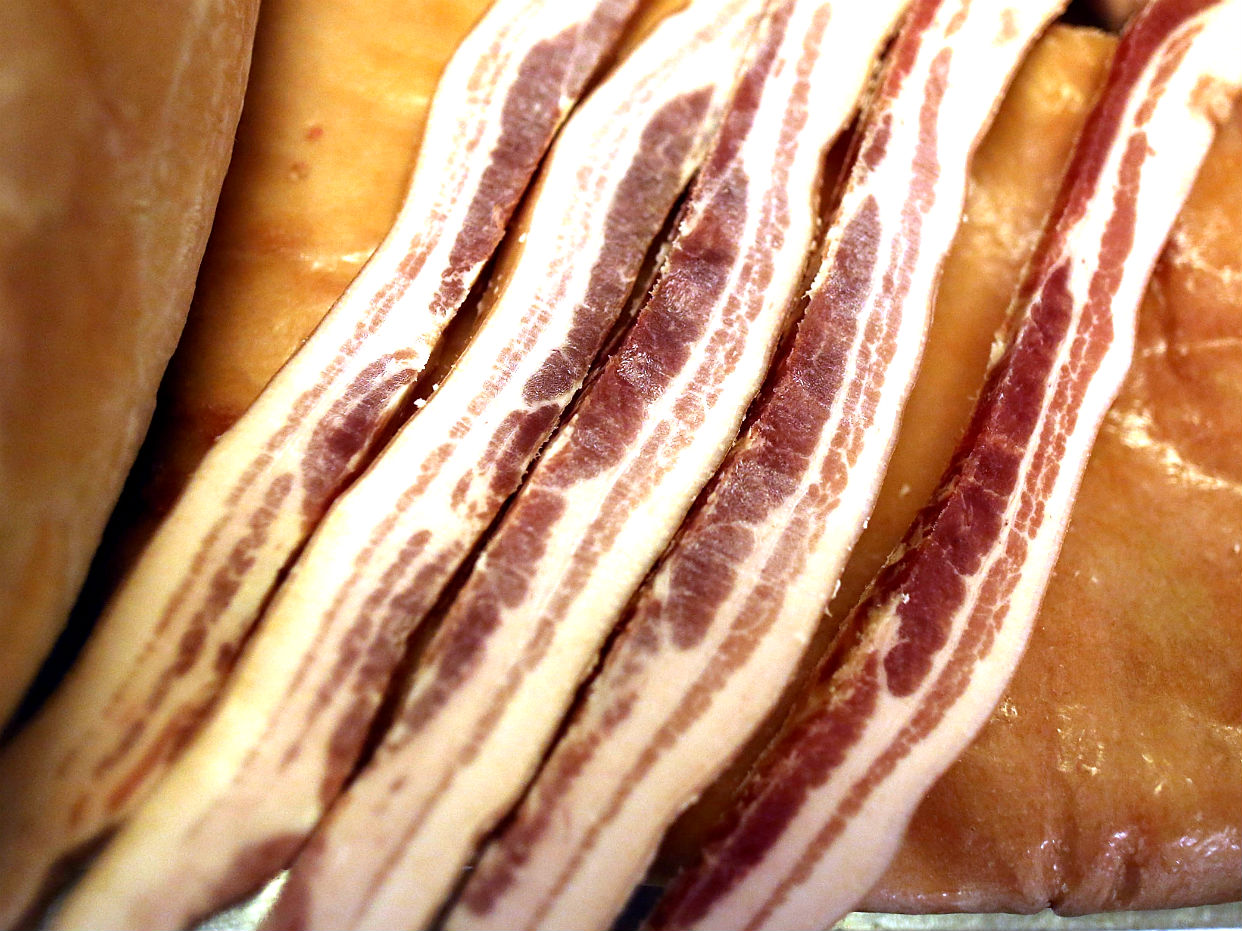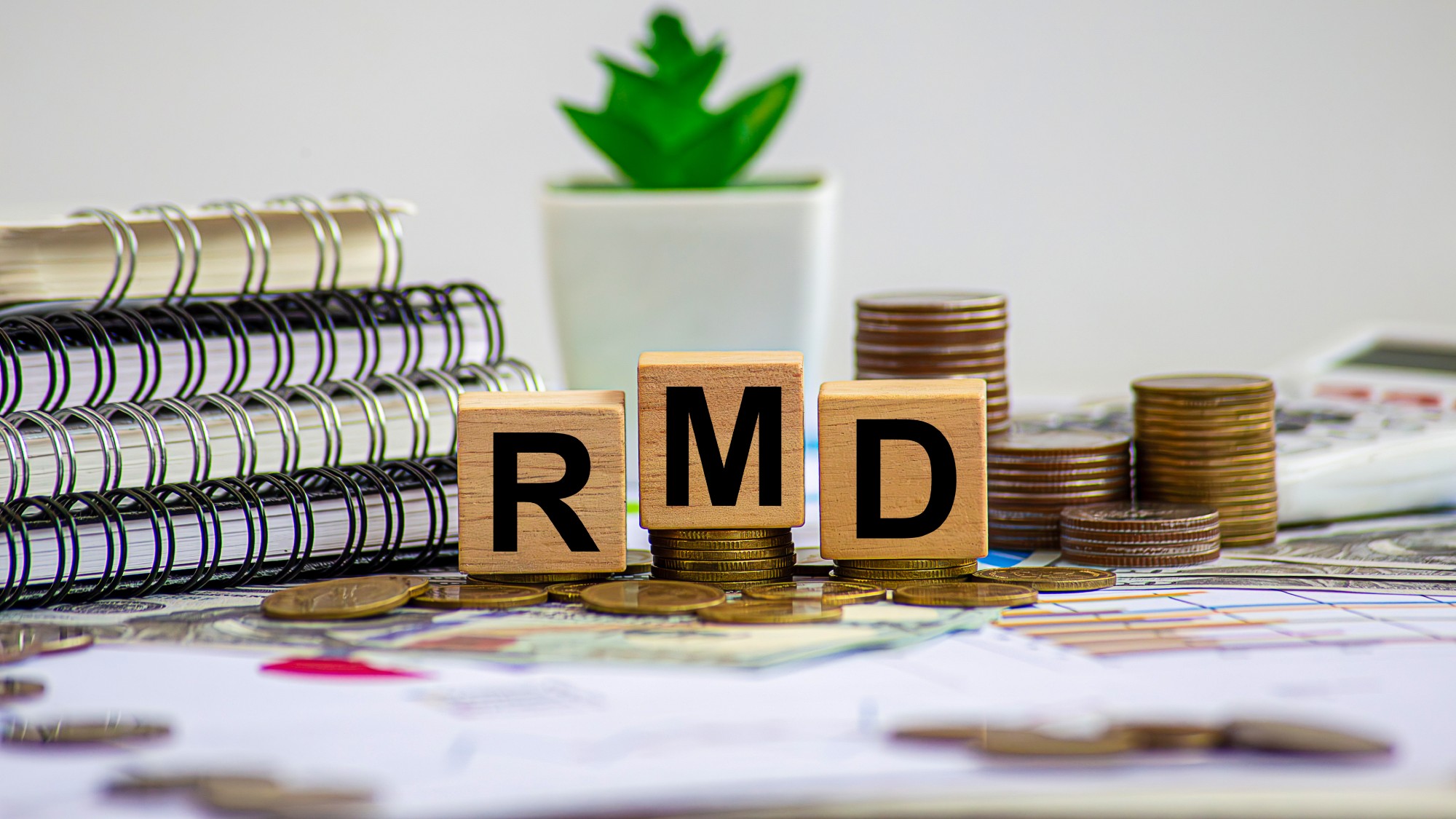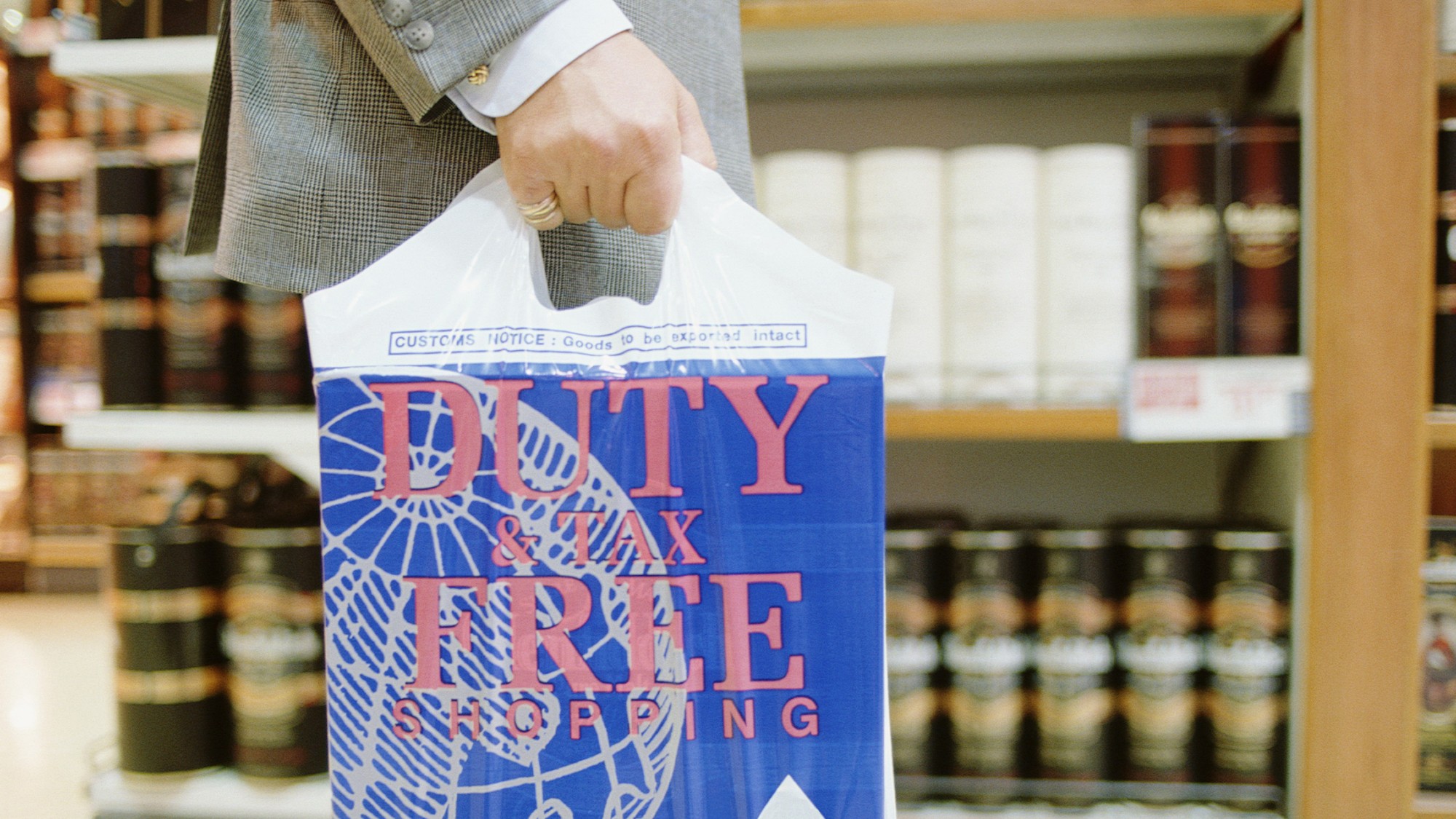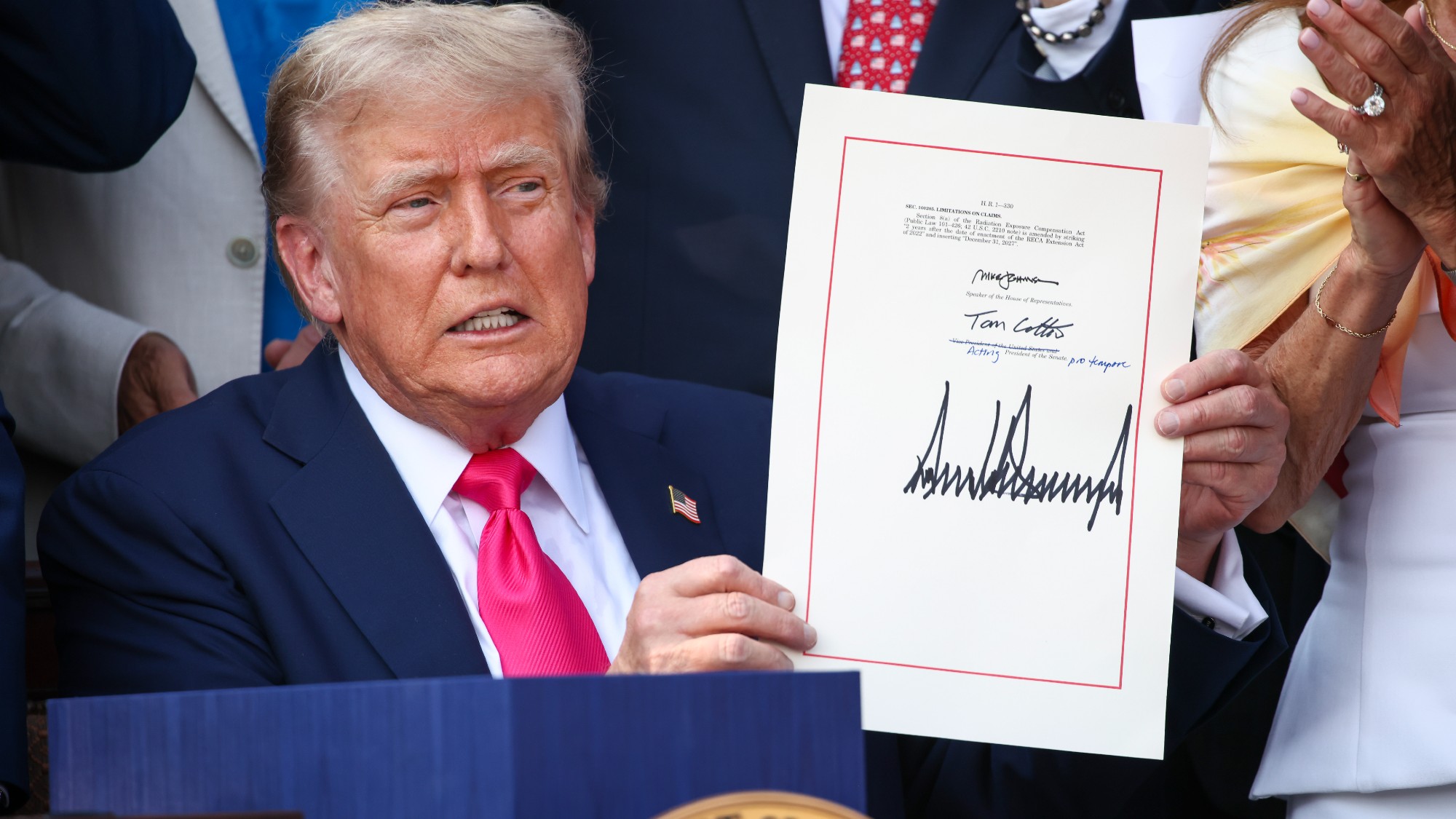Should there be a tax on red meat?
New study suggests 14% increase in the price of red meat could prevent almost 6,000 deaths a year in the UK

A free daily email with the biggest news stories of the day – and the best features from TheWeek.com
You are now subscribed
Your newsletter sign-up was successful
A tax on meat could prevent almost 6,000 deaths a year in the UK as well as saving the economy somewhere in the region of £700m in healthcare costs according to new research.
Consumption of red meat such as beef, lamb and pork “has been linked to an increased risk of heart disease, stroke, diabetes and cancer”, reports Sky News.
But raising taxes on red and processed meats enough to offset their cost to the health service could prevent hundreds of thousands of cancers, heart attacks and strokes, according to University of Oxford researchers.
The Week
Escape your echo chamber. Get the facts behind the news, plus analysis from multiple perspectives.

Sign up for The Week's Free Newsletters
From our morning news briefing to a weekly Good News Newsletter, get the best of The Week delivered directly to your inbox.
From our morning news briefing to a weekly Good News Newsletter, get the best of The Week delivered directly to your inbox.
Researchers also calculated the level of tax that would be required to make up for healthcare costs associated with eating meat in 149 regions around the world. The likely impact of a meat tax on death rates due to chronic disease was also estimated.
Consumption of red and processed meat was likely to cause 2.4 million deaths per year by 2020 and cost the global economy $285bn (£219bn), the study found.
“The results are dramatic for processed meat,” said Marco Springmann, who led the study. “Bacon is really one of the unhealthiest food products that is out there.”
“Nobody wants governments to tell people what they can and can’t eat,” Springmann said. But the healthcare costs incurred by eating red meat are often paid by all taxpayers, he said: “It is totally fine if you want to have [red meat], but this personal consumption decision really puts a strain on public funds. It is not about taking something away from people, it is about being fair.”
A free daily email with the biggest news stories of the day – and the best features from TheWeek.com
The new research is published in the journal Plos One and “uses a standard economic approach called ‘optimal taxation’ to calculate the tax rates”, says The Guardian.
If the UK was to follow these rate rises it would see red meat products cost 14% more, while processed foods would rise by 79% – “enough to raise the price of a cooked breakfast by 54%”, according to The Independent.
Catherine Happer, at the University of Glasgow and not part of the research team, told The Guardian: “My view is increasingly that a tax on red and processed meat is inevitable as the science on the harms has consolidated.”
Despite describing the numbers in the study as “unfeasibly large”, The Spectator’s Christopher Snowden agrees that a tax on red meat may well be on the way to the UK.
“Nobody who has witnessed the unstoppable rise of the ‘public health’ movement over the last two decades can dismiss the possibility of a meat tax being introduced in the foreseeable future, probably followed by an advertising ban and graphic warnings”, he concludes.
-
 The problem with diagnosing profound autism
The problem with diagnosing profound autismThe Explainer Experts are reconsidering the idea of autism as a spectrum, which could impact diagnoses and policy making for the condition
-
 What are the best investments for beginners?
What are the best investments for beginners?The Explainer Stocks and ETFs and bonds, oh my
-
 What to know before filing your own taxes for the first time
What to know before filing your own taxes for the first timethe explainer Tackle this financial milestone with confidence
-
 What to know before filing your own taxes for the first time
What to know before filing your own taxes for the first timethe explainer Tackle this financial milestone with confidence
-
 3 required minimum distribution tax mistakes to avoid
3 required minimum distribution tax mistakes to avoidThe Explainer Missteps in making withdrawals from tax-advantaged retirement accounts can cost you big
-
 Is duty-free shopping worth it?
Is duty-free shopping worth it?the explainer How to determine whether you are actually getting a good deal
-
 What the 2025 Autumn Budget could mean for your wallet
What the 2025 Autumn Budget could mean for your walletThe Explainer Chancellor Rachel Reeves will reveal her latest plan to balance the nation’s finances in November
-
 What taxes do you pay on a home sale?
What taxes do you pay on a home sale?The Explainer Some people — though not many — will need to pay capital gains taxes upon selling their home
-
 Clean energy tax credits are going away. Here's how to get them before it's too late.
Clean energy tax credits are going away. Here's how to get them before it's too late.The Explainer Trump's recently passed megabill promises the early demise of clean energy tax credits
-
 How will the new tax deductions on auto loans work?
How will the new tax deductions on auto loans work?the explainer Trump's One Big Beautiful Bill Act introduced a tax deduction on auto loan interest — but eligibility for the tax break is limited
-
 8 ways Trump's bill will change your taxes
8 ways Trump's bill will change your taxesThe Explainer The 'big beautiful bill' was recently signed into law. Here's what it might mean for your wallet.